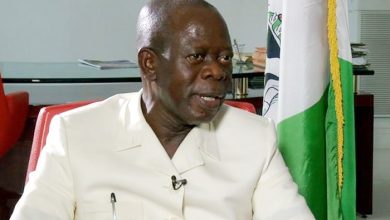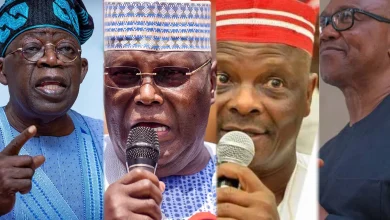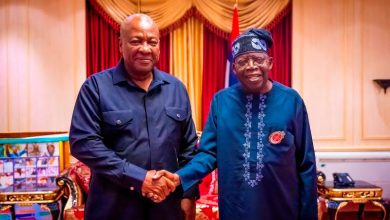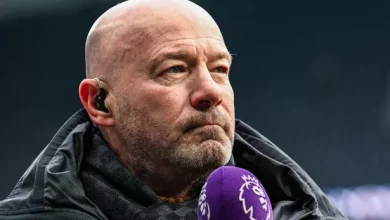Nigerians tolerated Buhari for 8 years— Babangida Aliyu suggests we can cope with Tinubu Until 2031

Former Niger State governor Babangida Aliyu believes that President Bola Tinubu should be permitted to win a second term in office under the gentleman’s agreement on power rotation.
Since Nigeria’s return to civilian rule in 1999, the president has generally alternated between the north and the south every eight years.
When Umaru Yar’Adua passed away in 2010, the tendency was briefly reversed, as a Southerner named Goodluck Jonathan served out the former’s term before gaining a new one a year later.
The northerner Muhammadu Buhari was elected president in 2015 and served two eight-year terms until 2023. In 2023, Bola Tinubu, a native of the southwest, succeeded Buhari.
2027 would mark the end of Tinubu’s first term.
There are rumors that northern Muslim former vice president Atiku Abubakar may run for president of the African Democratic Congress (ADC) in 2027 in an attempt to replace Tinubu.
The opposition coalition just embraced the ADC as its platform.
“ADC should refrain from causing issues for the North.”
Speaking on Thursday on Arise Television’s “The Morning Show,” Aliyu claimed that northerners vying for power on the ADC platform in 2027 would cause issues for the north.
“A lot of the presidential candidates (in ADC) have already stated that they will only run for one term,” he remarked.
“What issue is a Northerner causing for the North if he claims to be serving a single term?
Oh my God, let’s see whether we can put up with the late Muhammadu Buhari for eight years. If it’s convenient for us, we might be able to abandon the arrangement by 2031.
Read Also: ADC: ‘Have I Ever Failed To Get The Ticket?’ – Atiku Signals He’s Not Backing Down For Peter Obi, Amaechi
Only legislators and governors are now defecting. You might wind up with a presidential defection by 2031. Is it not a constitutional question?
So, in my opinion, the outcome of the next 1.5 years will determine who wins the election.
“In other words, I don’t see a problem if the government can fix some of the noticeable irregularities.”
Aliyu asked opposition parties to offer strong alternatives in order to increase the likelihood that the ADC will defeat Tinubu and the ruling All Progressives Congress (APC).
What is the alternative? has always been my point of contention. What would you do if you wanted to overthrow this administration, that governor, or that president? “What alternative are you providing to the people?” he inquired.
The “Communication Gap”
According to Aliyu, there is a substantial communication breakdown between the public and the administration.
He went on to say that government representatives have either been hesitant or ineffective in informing the public about accomplishments.
According to the chairman of the board of trustees for the Sir Ahmadu Bello Memorial Foundation (SABMF), the public is still mostly ignorant of the good work done by numerous government organizations and agencies.
“You can communicate with the public without solely relying on the ministry of information.” “Every minister and head of a parastatal should be able to explain their actions to the public,” he stated.
To put it another way, the government needs to act as an advocate more.
“What we have observed thus far is that the government is performing well, but they are not, or the government lacks effective communication skills.”





